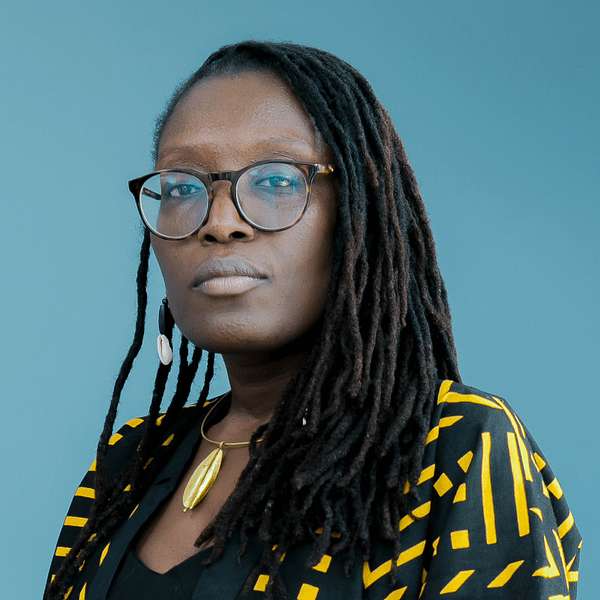
Future Perfect | Futur Antérieur
Future Perfect | Futur Antérieur
Episode 4: Mame-Fatou Niang: Working with, through, and around silences in the debate on race in France (English)
In this episode of Future Perfect | Futur Antérieur, we welcome Dr. Mame Fatou Niang, polyvalent US-based French scholar, filmmaker, writer, racial justice activist, and AfaLab Fellow. Mame discusses the state of the debate on race in France, what it means when your country, a country that prizes language, does not have - refuses - the words to name you and your experience. She talks about racial justice work against this invisibilization as mold-defying mosaic-making, about her enduring belief in universalism, about finding companionship in spaces of exclusion, and leveraging the silences to heal ourselves.
You can learn more about Mame Fatou Niang’s writing, film and media contributions on her faculty webpage. You can also read more about her trajectory and thinking in a recent AfaLab Fellows Spotlight on her work.
Mame Fatou Niang is a French scholar, photographer, and filmmaker. She is Associate Professor of French and Francophone Studies at Carnegie Mellon University (US), where her research and teaching focus on economies of the living/living economy, Blackness in Contemporary France, and French Universalism. She is an Artist-in-Residence at the Ateliers Médicis in Paris, working on a project entitled “Échoïques” (Sounds of Silence). In 2021, she served as the Melodia Jones Distinguished Chair of French Studies at University at Buffalo. She is the author of Identités Françaises (Brill, 2019) and the co-author of Universalisme (Anamosa, 2022). In 2015, she co-directed “Mariannes Noires: Mosaïques Afropéennes,” a film that follows seven Afro-French women as they investigate the pieces of their mosaic identities, and unravel what it means to be Black and French, Black in France. She has collaborated with Slate, Jacobin, and several news outlets in France and she is currently working on a manuscript tentatively titled Mosaica Nigra: Blackness in 21st-century France.
Support the African Futures Lab and Future Perfect | Futur Antérieur! Click here for more details.